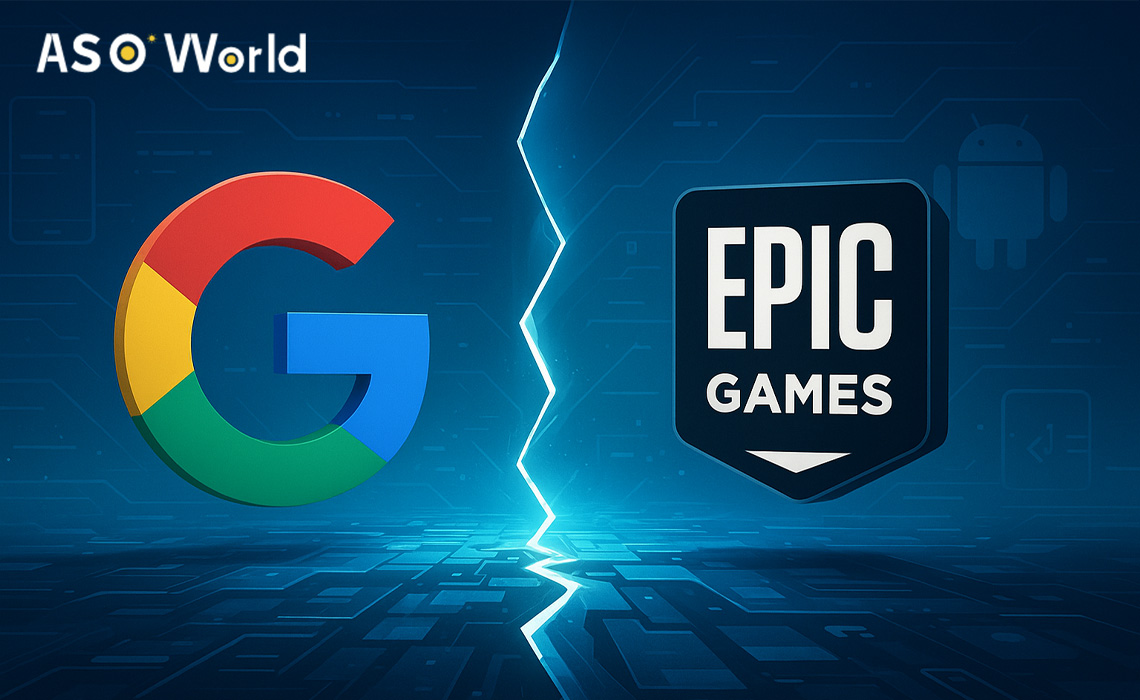After a protracted legal battle spanning more than five years, Google and Epic Games have reached a proposed settlement that could radically alter app distribution and monetization practices on Android. This agreement, filed in the U.S. District Court for the Northern District of California, awaits the approval of Judge James Donato, who previously ruled in favor of Epic in 2023.
The case began in 2020, when Epic Games challenged Google’s requirement for developers to use Google Play Billing for in-app purchases, which also came with significant commissions. A jury later determined that Google’s practices stifled competition, leading to a permanent injunction requiring changes to the Play Store. The new settlement aims to extend these changes globally and introduce new app distribution structures.
Key Changes in the Proposed Settlement
Lowered Service Fees
One of the central elements of the proposed settlement is the reduction of Google’s service fees. These fees will be lowered to either 9% or 20%, depending on the type of transaction. The revised fee structure would apply even when developers opt to use alternative billing methods, offering more flexibility in how developers monetize their apps.
Introduction of the "Registered App Store" Program
A major shift will come in the form of a new “Registered App Store” program, which will be introduced with the next Android OS update. This initiative allows third-party app stores to be more easily installed on Android devices, significantly improving their visibility and usability. The move could pave the way for new app stores to compete more effectively with Google Play, reducing user friction and potentially diversifying the app store landscape.
Side-by-Side Billing Options
Under the settlement terms, developers will be allowed to present Google Play Billing and alternative payment options side by side within their apps. This could include offering lower prices for third-party billing alternatives, providing consumers with more choices and fostering competition in the billing and app store ecosystem.
Global Implementation Through 2032
The changes outlined in the settlement, including the new app store program and revised fee structure, would be implemented globally, with a lasting impact through June 2032. This extended timeline goes beyond the three-year period set by the original injunction, offering developers long-term certainty and flexibility.
Impact on the Android Ecosystem
If approved, this settlement would have wide-reaching effects on the app distribution model within the Android ecosystem. For developers, the ability to use alternative app stores and billing systems could open up new opportunities to reduce fees and increase market reach. Third-party app stores would also stand to benefit from increased support and visibility, which could disrupt Google Play’s dominance.
Epic CEO Tim Sweeney described the settlement as a positive step toward enabling a more competitive app store environment. Meanwhile, Google’s Sameer Samat, President of Android, emphasized the importance of balancing developer choice with user safety. The settlement reflects a shift towards a more open platform, aligning with Epic's vision, while maintaining Google’s focus on safeguarding user experience.
Broader Implications for App Store Policies
This settlement could have far-reaching implications beyond just Google and Epic Games. It may influence ongoing debates around app store policies, particularly as Apple’s App Store remains the primary competitor. If approved, it may serve as a blueprint for other platforms looking to re-evaluate their marketplace rules, especially as global regulators continue to scrutinize app store monopolies.
Editor's Comments
The proposed settlement represents a significant shift in the app store ecosystem, particularly for Android. By reducing fees and supporting third-party app stores, Google may be responding to long-standing criticisms of its platform's restrictions. However, the settlement also highlights the delicate balance that must be struck between fostering competition and maintaining a secure environment for users. It will be interesting to see how this decision influences future regulatory actions in the tech industry.

